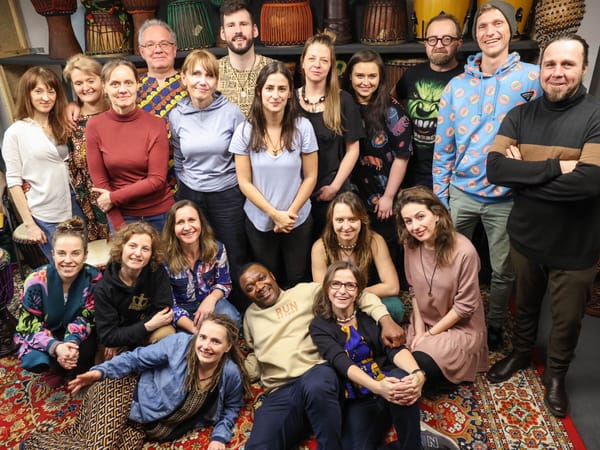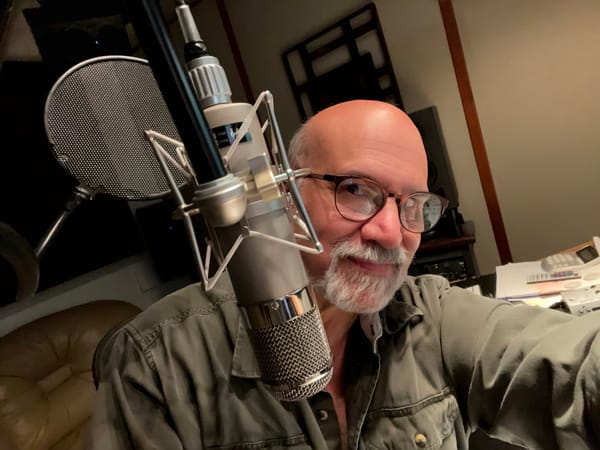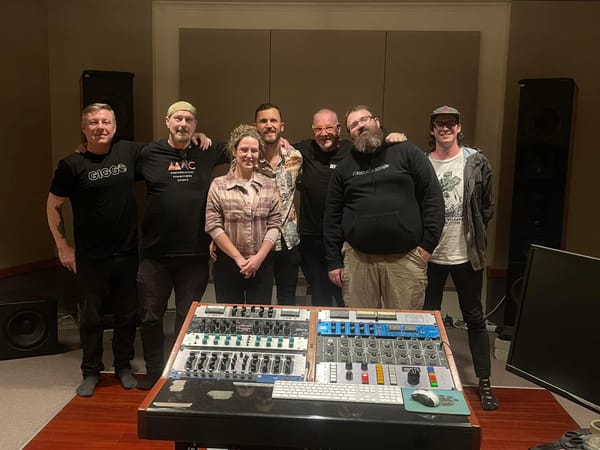Team PMFC Pro Blog | On Perfectionism | By Ilya Mazaev
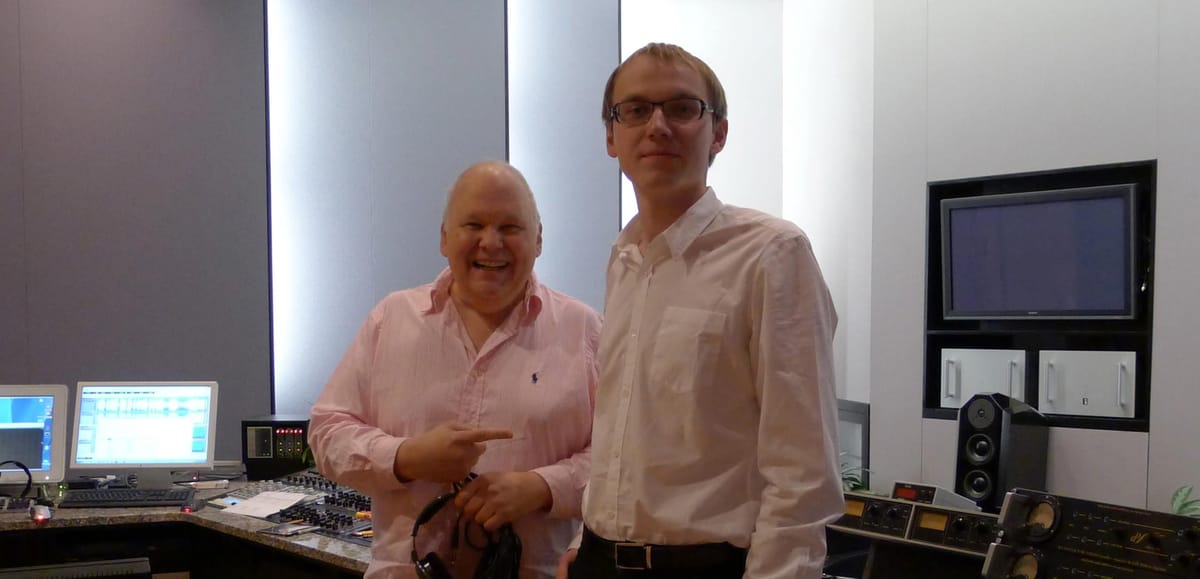
Exclusive blog for PMFC Global by epic engineer Ilya Mazaev — Incredible mixer and audio engineer who has been mentored by the best of the best
I think perfection is ugly. Somewhere in the things humans make, I want to see scars, failure, disorder, distortion.' – Yohji Yamamoto.
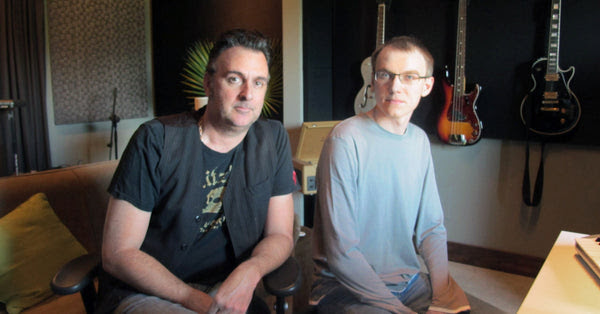
Photos by Gio Kardava
Special thanks to Tim Palmer (Pearl Jam/Robert Plant/U2) for his insight and suggested valuable edits to this article.
The criteria of quality of a given piece of art is always subjective. Therefore the artist’s personal judgement will always stay the ultimate measure of whether it’s good enough to be wrapped and published. Of course this attitude is not static and may evolve and change over time during the making of a painting (theatrical play, movie, musical album e t c). Comparisons with other works and opinions of other people surely alter it as well.
In a recent interview, producer Tim Palmer emphasized the multifaceted nature of crafting great music, highlighting the value of creative flexibility ‘There is always more than one way to make a song sound great’.

Rather than chasing perfection, he advocates for shaping interpretations and versions that capture the essence of the song. Inspired by David Bowie's influence on him during their collaboration on Tin Machine albums, Tim adopted the wisdom of ‘leave things alone’ let certain elements breathe and keep things sounding human, not perfect. This philosophy aligns with the timeless adage that ‘a watched pot never boils’ encouraging a balance of attention and freedom in the creative process.
It seems that obsession with control is caused by some sort of insecurity. And here lies the dangerous territory of perfectionism: the artist may falsely consider that something is not good enough (while it’s not the time yet to tell whether or not) and become a hostage of his ‘inner critic’. one may think that this aspect should be improved further and further whilst it may already be good enough. This eventually leads to other important aspects or ‘the big picture’ being overlooked and compromised. At this point he or she may lose the constructive dialogue with other participants of the productive process, stop hearing each other and get into a vicious circle. A lot of time, energy and money is sometimes being wasted without any positive gain.

In the book ‘The Art of Logic’ Eugenia Cheng gives a very good definition of pedantry: it’s precision that doesn’t increase clarity. We may later be afraid to admit that our extra efforts produce zero or even negative value for our artistic intention. That’s why it’s important to pay attention to the strategy and order of actions to minimize the potential future regrets and optimize the costs. It’s smart to keep some decisions open and wait for understanding to evolve before committing to things that can’t be undone or redone easily. In terms of economics it’s a healthy risk management approach to non-refundable investments of time, work and money.
In maths and logic there are principles of sufficient and necessary conditions for statements to be true or false. We may metaphorically apply the same principles to music production: quality (and price) of equipment, room acoustics, musical instruments, modernity of plugins and computers (or their ‘vintageness’), accuracy of pitch, timing, tone etc. If something is good enough (sufficient) then maybe the goal has already been reached. There’s no point in wasting your and others’ attention, time, money and other resources on it. All these resources are finite, so just leave it alone - at least for some time.

If you faced a long and serious creative block or hiatus due to perfectionism my number one advice would be to consult a psychologist. Perhaps this jealous defensive fervour to control everything to maximum (given this maximum doesn’t exist) is a consequence of some personal problems that may come from the imposter syndrome or a post-traumatic disorder caused by some negative experience in life (not necessarily connected to music anyhow). All of a sudden the artist may feel that his disguise that works in everyday life doesn’t work in the process of creating art. There are plenty of potential causes – luckily we are all built different and are all pretty sophisticated creatures.
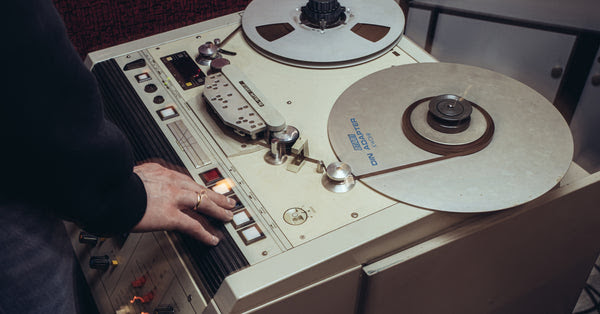
To sum it up I am all for walking an extra mile and pushing all knobs up to eleven. Extremes have a very important place in all art forms. However we must be careful and trust the gut feeling when our over-focusing on something eventually destroys the vivid excitement that drove us into it in the first place.
Standing carefully by the artist’s side and being always ready to help him get out of the well while giving him all the freedom to try things out - no matter how crazy they are- is one of the key professional qualities of a good producer.
Thanks for reading!
Many more professional producer, audio engineer, and musician blogs to come!
Join our mailing list to get updates direct to your inbox.
Also, we would love you to join our Facebook community. Hit the Facebook logo on the left of this blog to get full access and ask questions to the best producers and audio engineers in the world!
It's all free in the name of networking and education!
https://www.facebook.com/groups/pmfcglobal
Professional audio engineers/producers/pro musicians. We'd love you to share your journey with us and write blogs for PMFC Global.
All authors retain 100% rights of your work and we link to all of your socials and website.
Email blog ideas/drafts to pmfcglobalblogs@gmail.com
Team PMFC x

